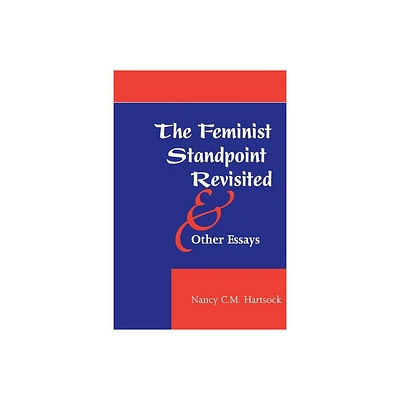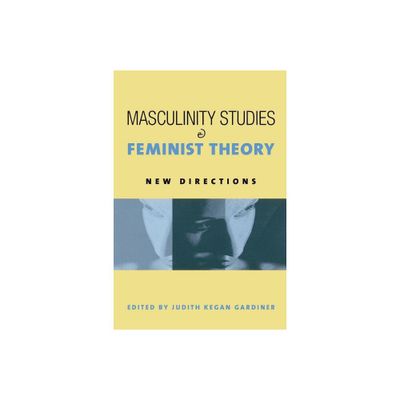Home
The Politics of Survivorship: Incest, Women's Literature, and Feminist Theory
Loading Inventory...
Barnes and Noble
The Politics of Survivorship: Incest, Women's Literature, and Feminist Theory
Current price: $89.00


Barnes and Noble
The Politics of Survivorship: Incest, Women's Literature, and Feminist Theory
Current price: $89.00
Loading Inventory...
Size: Hardcover
*Product Information may vary - to confirm product availability, pricing, and additional information please contact Barnes and Noble
The topic of incest began to emerge in the early 1990s, producing a spate of television specials and providing the material for a surging industry of talk shows as well as an anti-feminist campaign against incest survivors and their therapists. The validity, reality, and readability of recovered memories of incest has become a highly contested and difficult subject.
This heightened interest has benefited incest survivors, according to Rosaria Champagne, by allowing them to speak up and make political their experiences. Victims, formerly entwined in their own abuse by remaining silent, have learned to voice their protest and to challenge the societal order that allows incest to occur.
In
The Politics of Survivorship
Champagne explores a range of cultural representations of incest, from the writings of Mary Wollstonecraft Shelley to mother-daughter incest in contemporary true crime novels, to Oprah Winfrey's television special Scared Silent, in order to examine expressions of survivorship. In the process, Champagne attempts to level the disparity and the hierarchy of value among theory, literature, popular culture and social movements. Champagne makes a powerful argument that community and academic feminists should embrace survivorship as a potential site of feminist political intervention into patriarchy and heterosexism. She concludes with a critical look at the way in which the False Memory Syndrome Foundation has conducted an anti-feminist campaign against incest survivors and their therapists.
This heightened interest has benefited incest survivors, according to Rosaria Champagne, by allowing them to speak up and make political their experiences. Victims, formerly entwined in their own abuse by remaining silent, have learned to voice their protest and to challenge the societal order that allows incest to occur.
In
The Politics of Survivorship
Champagne explores a range of cultural representations of incest, from the writings of Mary Wollstonecraft Shelley to mother-daughter incest in contemporary true crime novels, to Oprah Winfrey's television special Scared Silent, in order to examine expressions of survivorship. In the process, Champagne attempts to level the disparity and the hierarchy of value among theory, literature, popular culture and social movements. Champagne makes a powerful argument that community and academic feminists should embrace survivorship as a potential site of feminist political intervention into patriarchy and heterosexism. She concludes with a critical look at the way in which the False Memory Syndrome Foundation has conducted an anti-feminist campaign against incest survivors and their therapists.


















